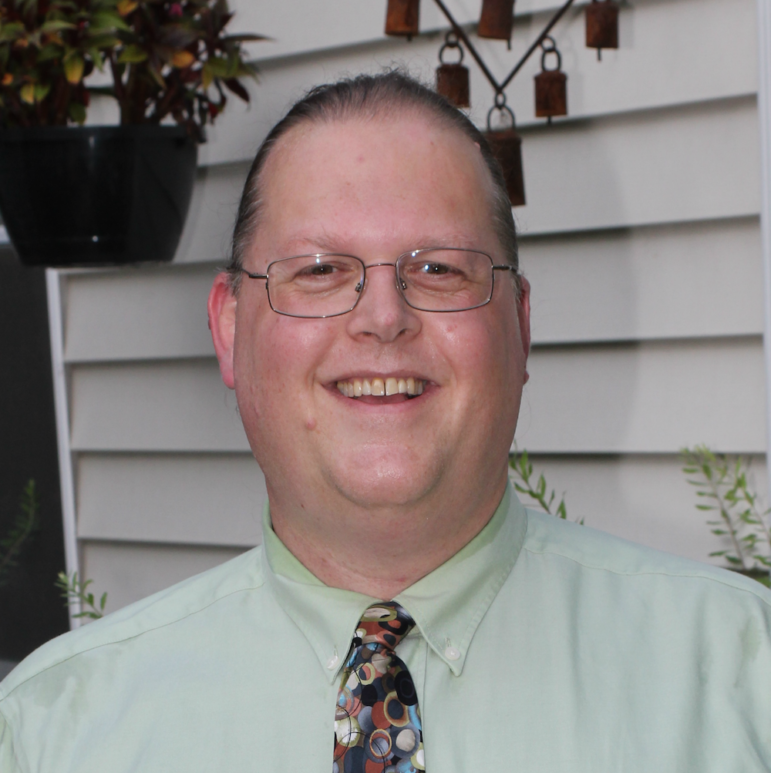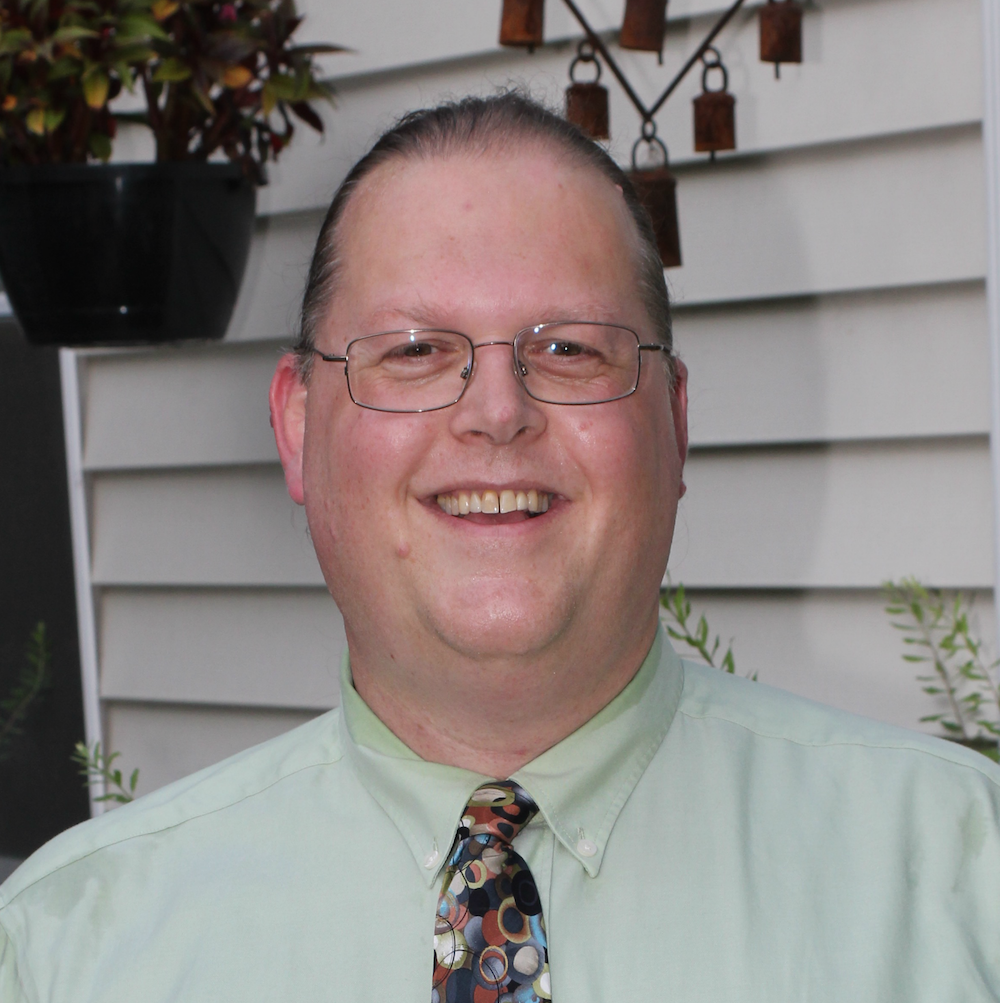
David Stokes is running for Town Councilor At-Large.
Watertown News reached out to candidates running for Councilor At-Large in the Watertown Election on Nov. 7, 2017 and asked them the same six questions. Here are the responses for David Stokes:
1) Tell us about yourself, and why you are running for Councilor At-Large.
My wife Laura, her mother, and I moved to Watertown in 1996. Our daughter Rachael is a 10th grader at Watertown High. She is the reason I have worked to improve Watertown schools over the last 10 years. During the last 4 years, as a member of the Watertown Stormwater Advisory Committee, I have also worked to reduce pollution of the Charles River, the second most vital resource to this community – after its residents. I am running for Councilor At-Large in order to increase my efforts to improve the town I love and to make my neighbors’ daily lives better.
2) A common thing to hear around Watertown is that it is getting more expensive, and more difficult for people who already live here to stay in town. What would you do to try to help people remain in Watertown?
With the new Community Preservation Act (CPA) surcharge starting to be added to bills in January, there will be money available for use on affordable housing. It will be a good start to dealing with the issue, allowing the Watertown Housing Authority to help more people. Many ideas are just starting to percolate now, with lots of feasibility research to be completed; but if the Town could build some affordable housing units, or create some incentives for developers to provide more than the now-required 15% minimum affordable units with that CPA money, that might be a good first step.
3) Development has been a big issue the past few years. How would you like to see the Town handle new proposals for major building projects?
Watertown definitely needs to slow down and more carefully weigh the impact of every new large development project before approving. We are learning that traffic issues will continue to increase through 2040, due to development not only in Watertown, but all throughout metro Boston. Other infrastructure like public safety and utilities need to be measured, as well as better balancing environmental impacts (like green space, trees, and river). These projects do have some positive aspects, but they need to be weighed against the risks to the Town. What happens, for example, if the project is unable to fulfill its vision?
4) As a Councilor, how would you communicate with residents to find out their needs and concerns?
Communication with Watertown residents and providing them with better information will be critical to my success as a Councilor. An IT professional by day, I can harness the power of electronic communication to provide information when and where residents want it. A new town website will certainly help. Yet I value more the time I spend face-to-face with my neighbors, so I would also do more of that — visiting groups of neighbors to have dialogue. Just like our parks and other facets of Watertown life, I will take a multi-purpose, multi-mode, multi-age approach and “meet residents where they are”.
5) Do you support making changes to the Town Home Rule Charter that spells out how Watertown’s government operates? If so what changes would you make?
I support the 10-year review cycle outlined in our Charter, next scheduled for 2020. I support re-examining how our Town is structured. One change that I might consider would be the elections of Town Councilors. For example, a staggered approach, similar to the School Committee members’ 4-year terms, where half are elected every 2 years, might be a model to follow. If applied to Town Council, District Councilors and Councilors At-Large could be elected on different years. Council President might continue to be elected every 2 years, so that a majority of the Town Council is elected every 2 years.
6) What will be the next big issue in Watertown that is not yet on the front burner?
You might have thought I’d say “stormwater”, which I do believe is a second huge issue coming toward us in July 2018. But the larger issue is climate change – which requires many different actions in many different directions. Watertown needs to reduce its carbon footprint and its contribution to climate change, to plan for the effects that climate change might bring (which includes stormwater), and to connect with neighboring towns and regional efforts to maximize our efforts and resources. Climate change will affect the entire planet; Watertown needs to protect its residents and its investments as best as it can.

These projects do have some positive aspects, but they need to be weighed against the risks to the Town. What happens, for example, if the project is unable to fulfill its vision?
I’m glad David asked this question. I think the town currently places too much faith in slick developers and their colorful presentations or rich men, like Jonathan Bush, who have visions for the area surrounding that might not be in sync with the companies and boards that they report to.